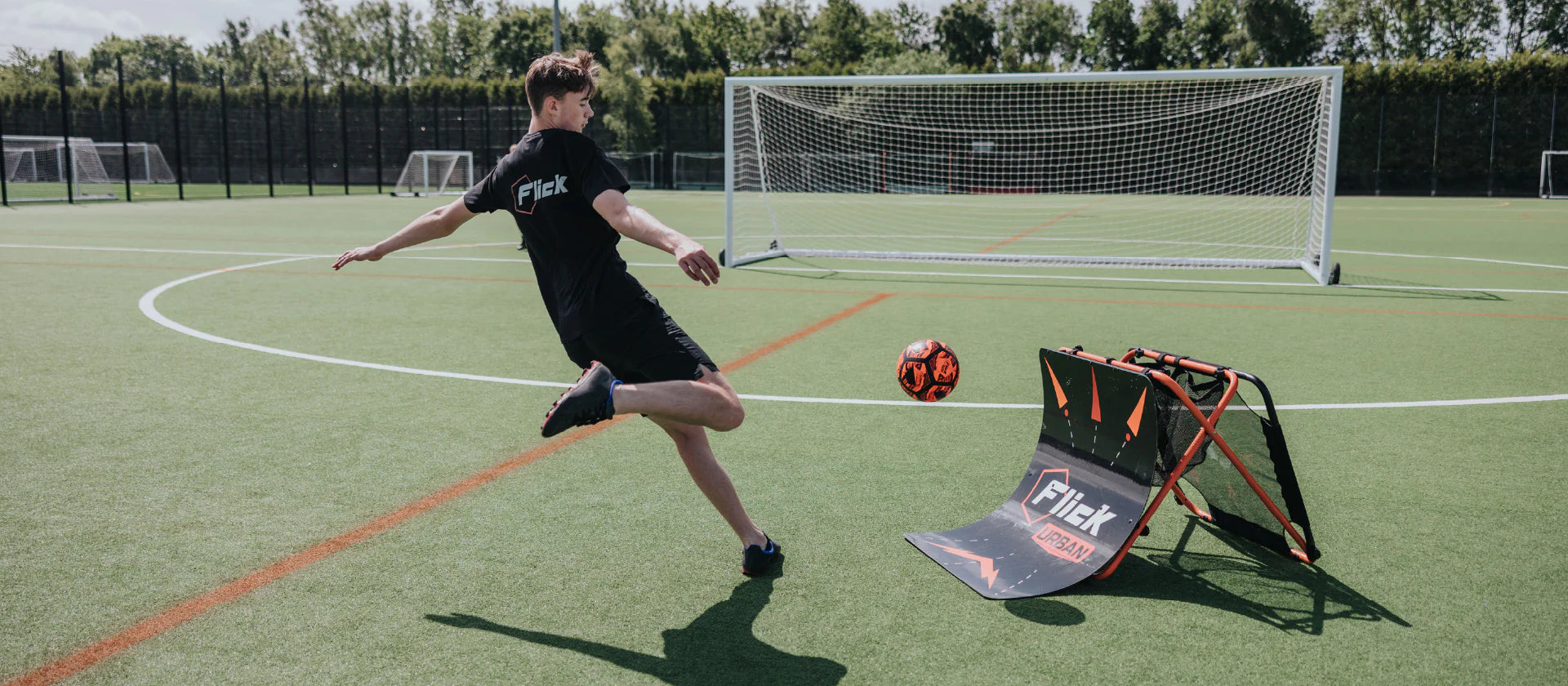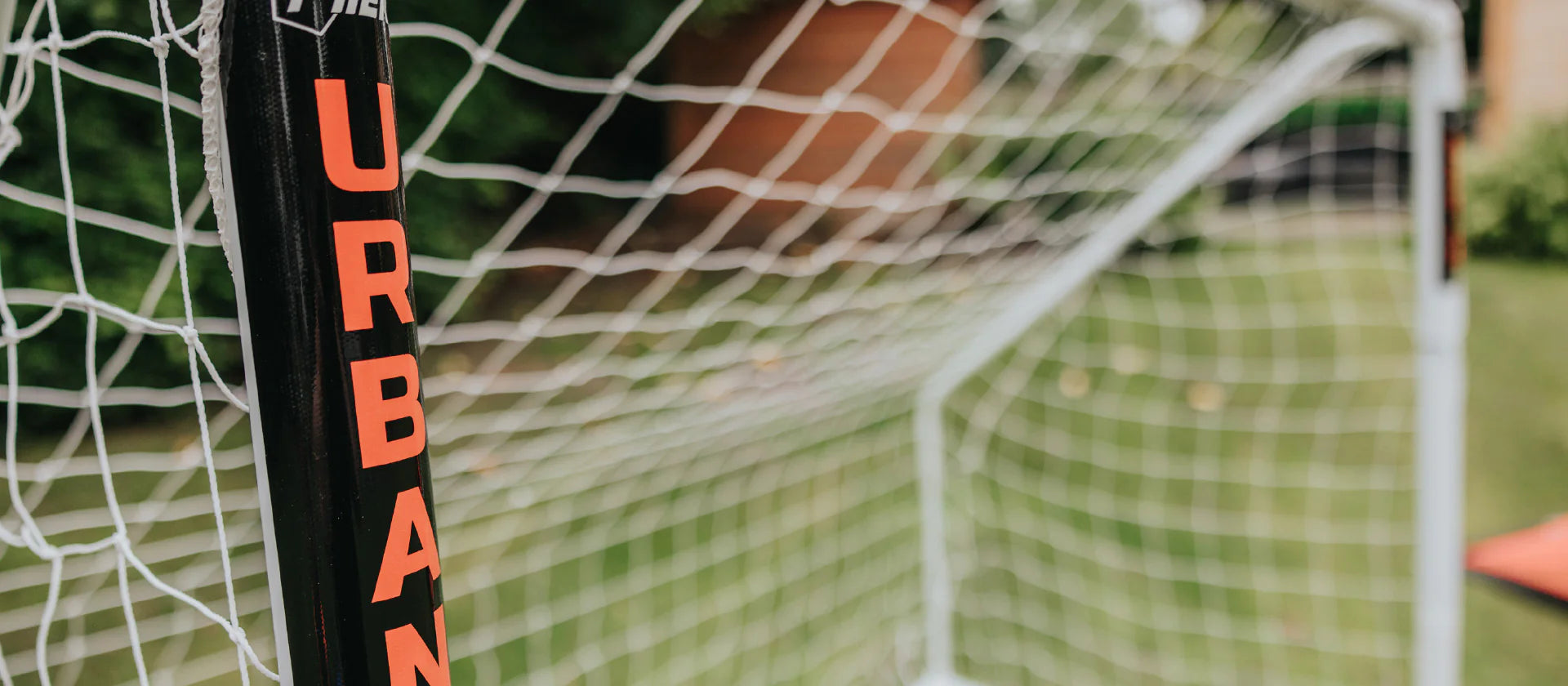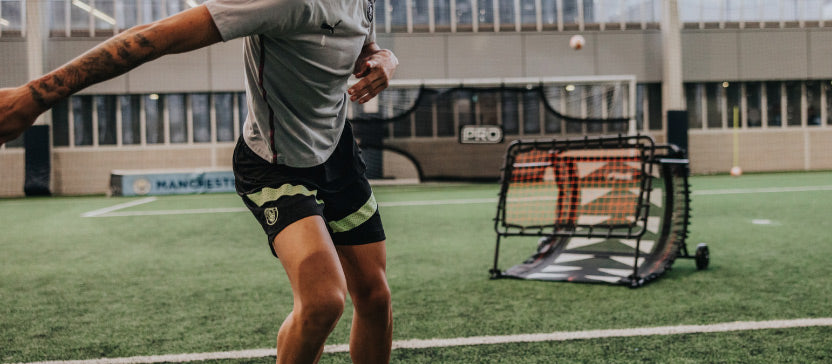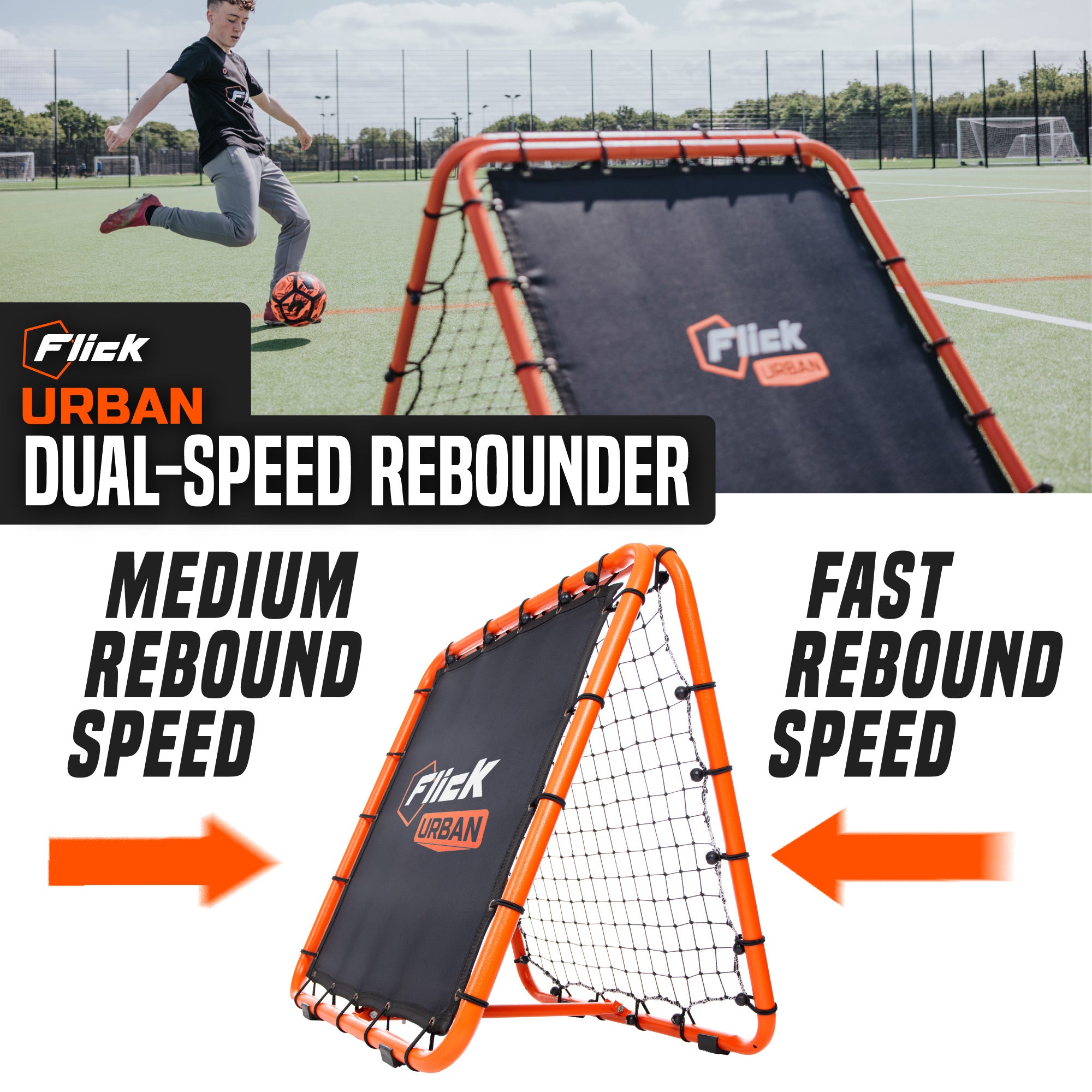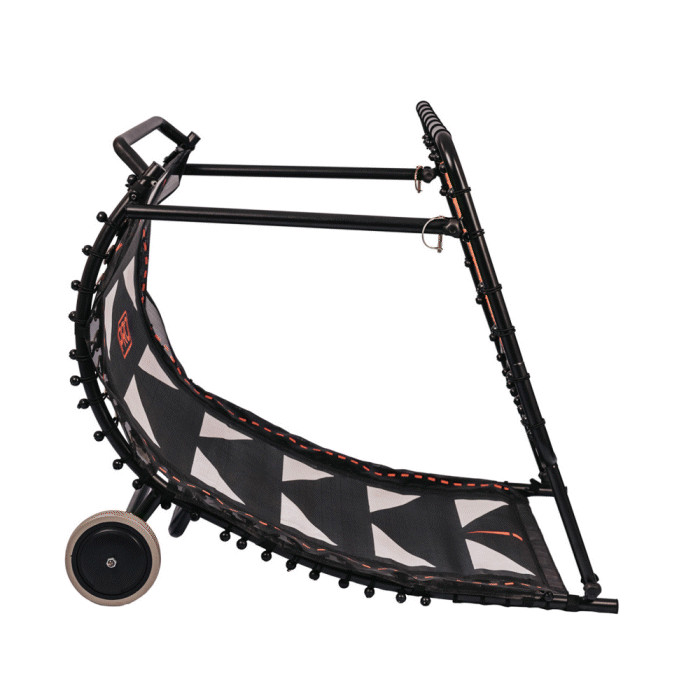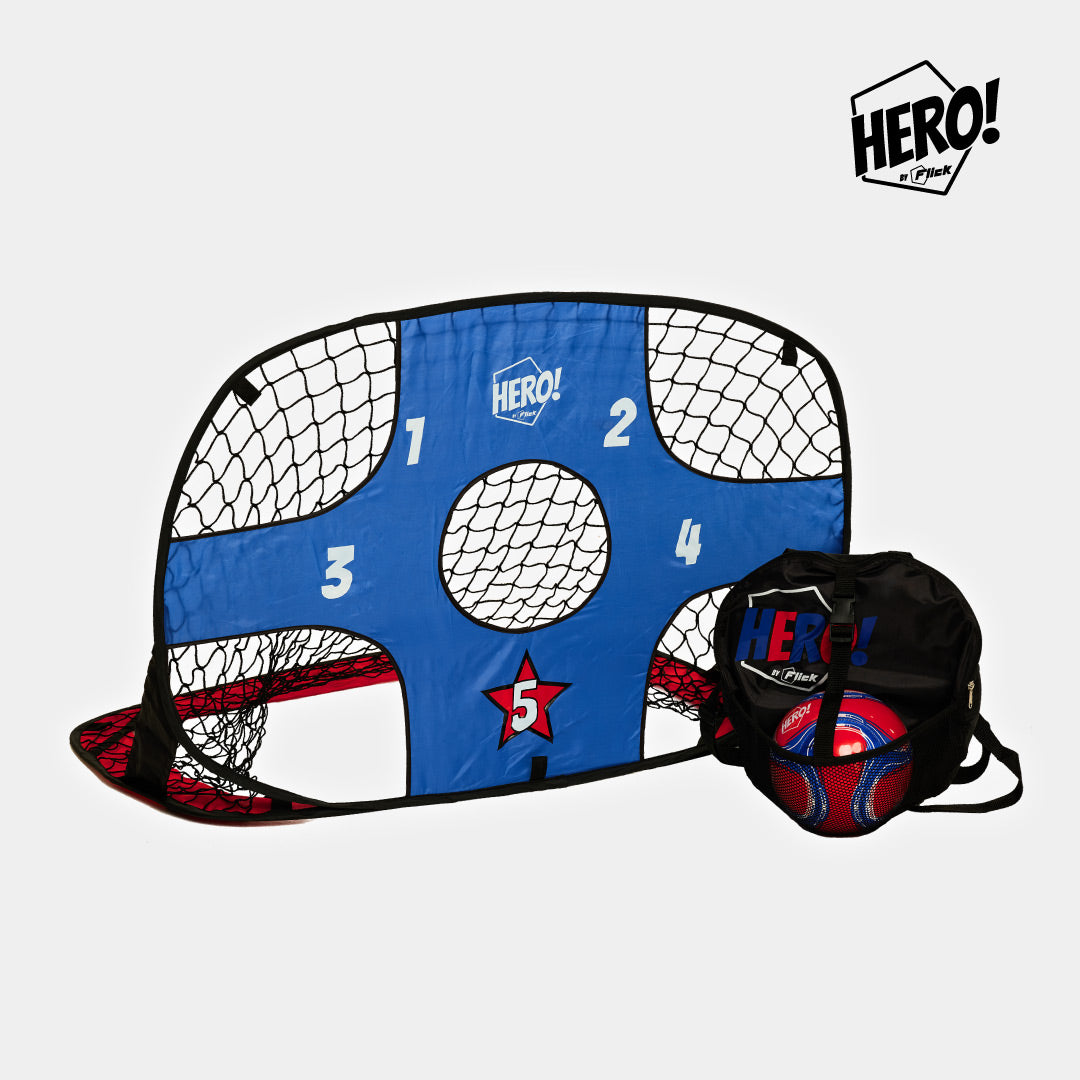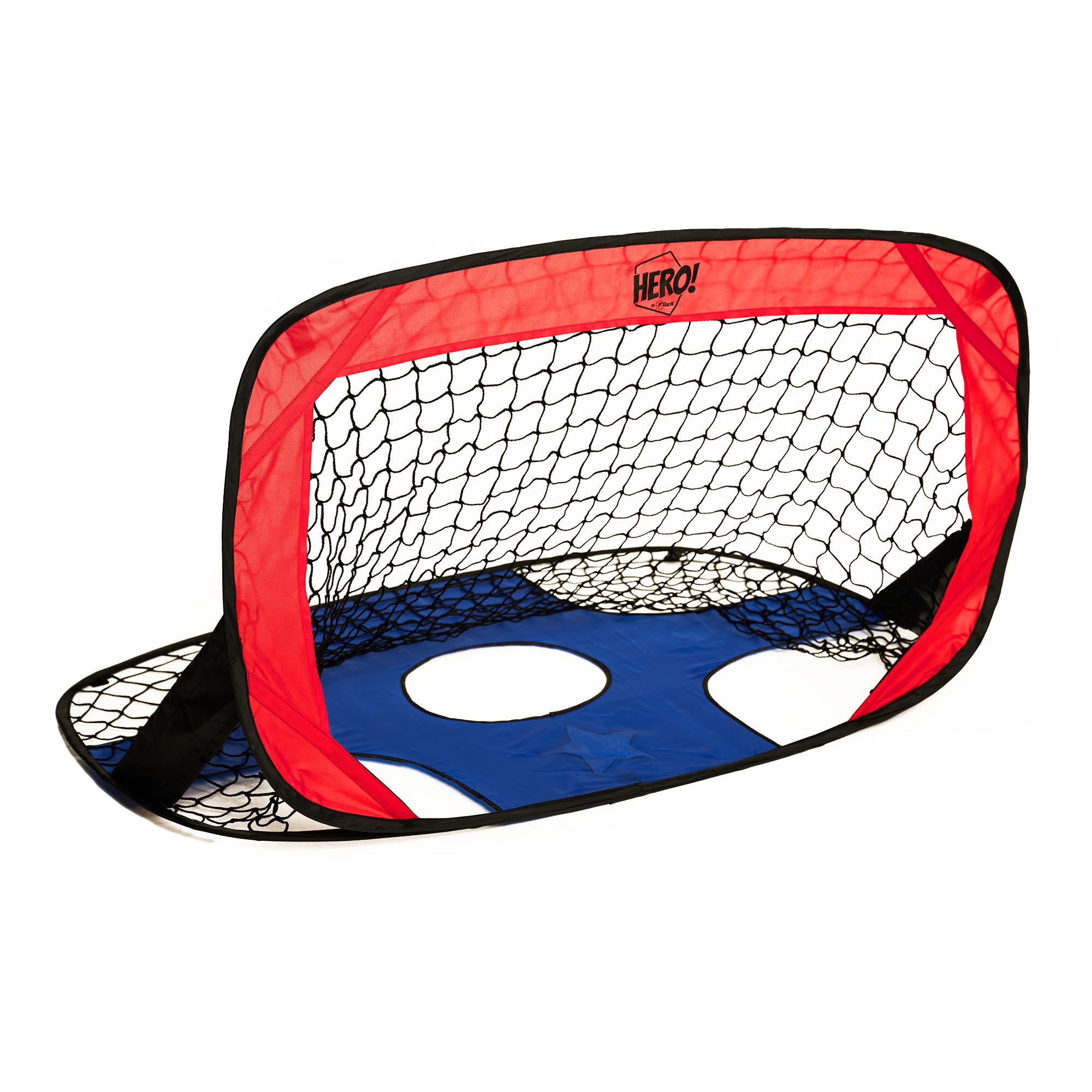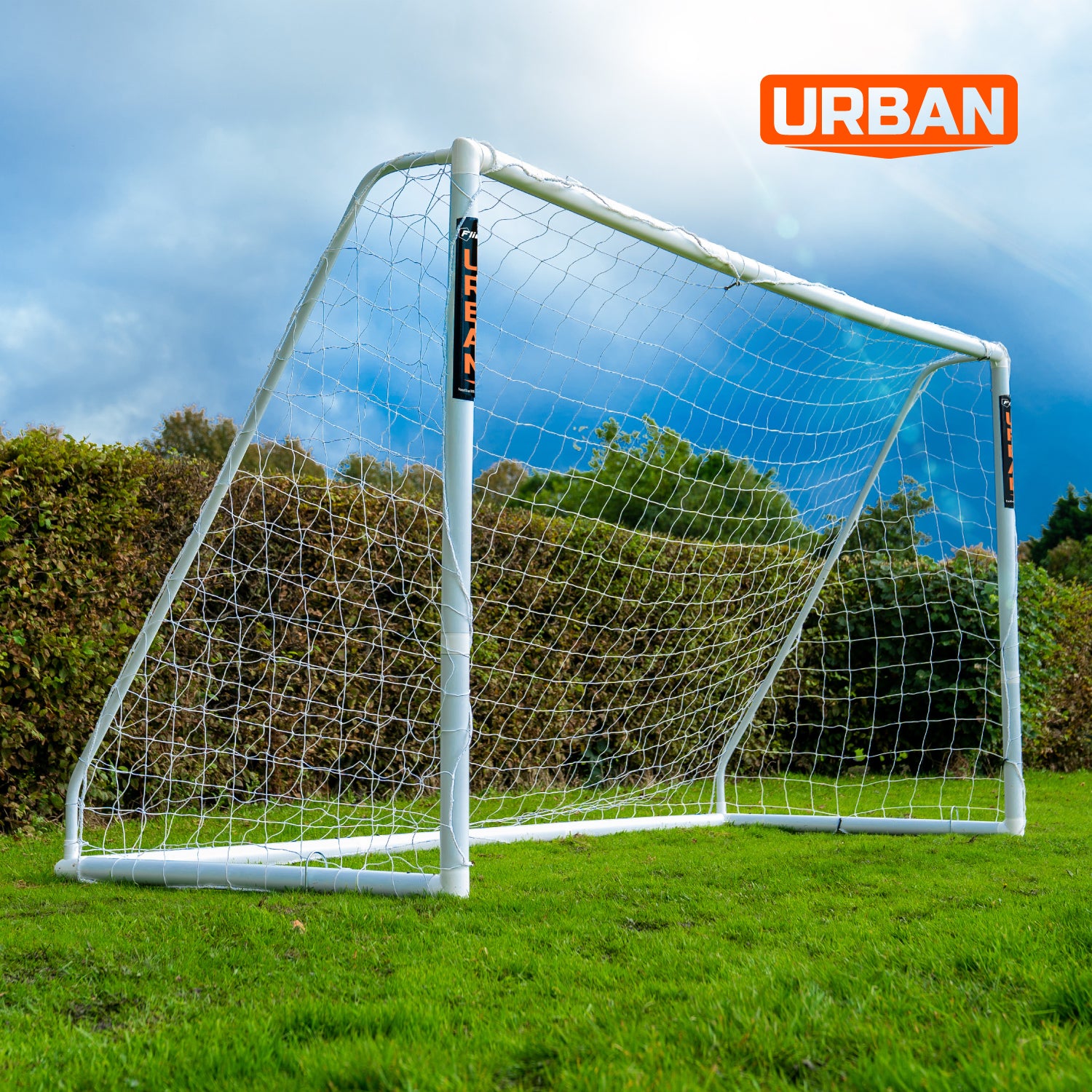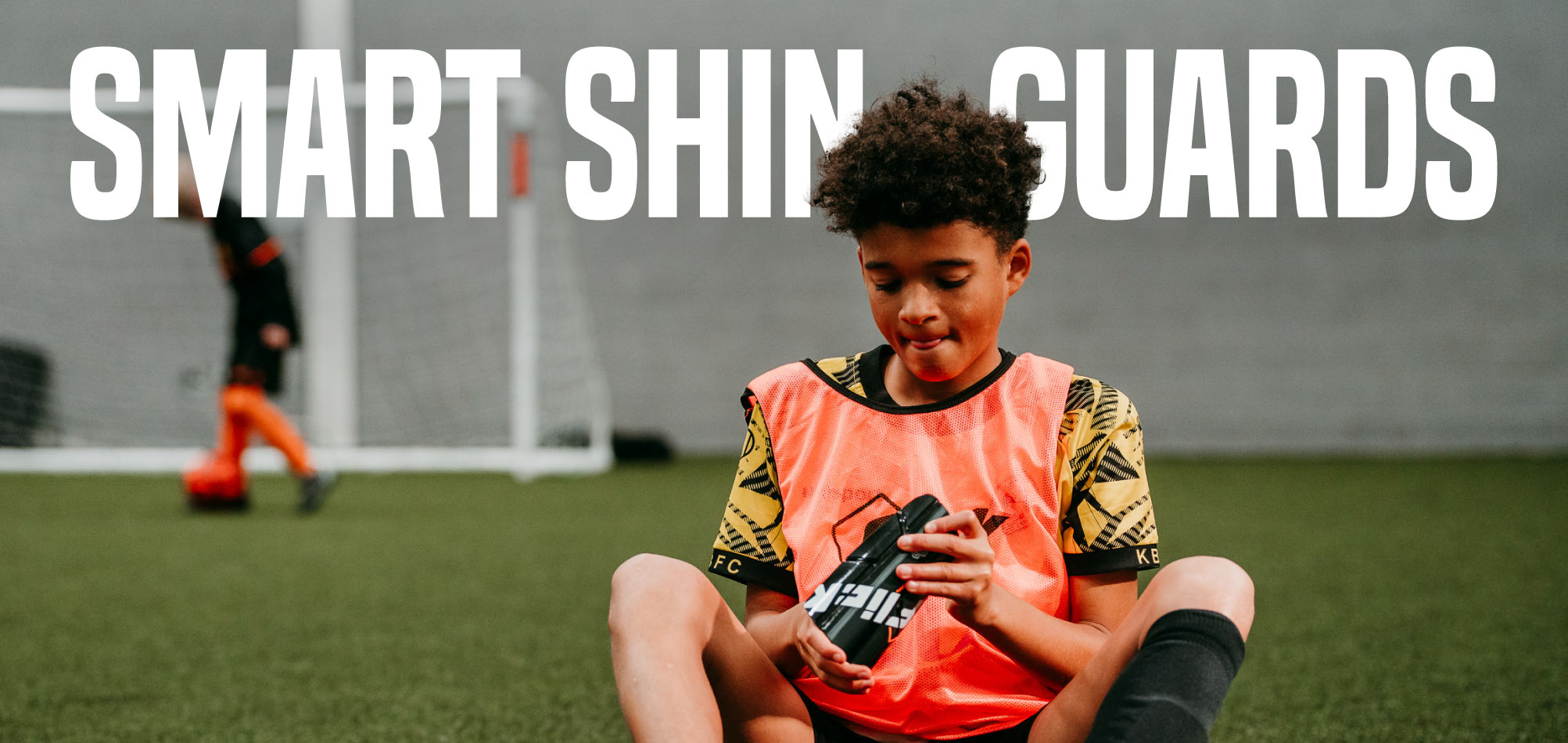Football gameday can be exhilarating, but the physical toll it takes on your body is undeniable. Proper recovery is essential to maintain peak performance and prevent injuries. Here are some scientifically-backed tips and tricks to help you bounce back quickly and effectively after a hard-fought match.
1. Hydrate, Hydrate, Hydrate
After a game, your body needs to replenish the fluids lost through sweat. Drink plenty of water and consider sports drinks that can help restore electrolytes. Aim to drink at least 16-24 ounces of fluids within the first two hours post-game.
Pro Tip:
Add a pinch of sea salt and a splash of fruit juice to your water for a homemade electrolyte drink.
2. Cool Down and Stretch
Cooling down is just as important as warming up. Spend 10-15 minutes doing light exercises such as jogging or walking, followed by a comprehensive stretching routine to help reduce muscle stiffness and improve flexibility.
Suggested Stretches:
- Hamstring stretch
- Quad stretch
- Calf stretch
- Hip flexor stretch
- Shoulder and arm stretches
3. Refuel with the Right Nutrients
Post-game nutrition plays a crucial role in recovery. Focus on a balanced meal that includes carbohydrates to replenish glycogen stores, protein to repair muscle damage, and healthy fats to reduce inflammation.
Ideal Post-Game Meal:
- Grilled chicken or tofu with quinoa and roasted vegetables
- A smoothie with spinach, banana, berries, Greek yogurt, and a scoop of protein powder
- Whole grain toast with avocado and a side of scrambled eggs
4. Ice Baths and Contrast Therapy
Ice baths can help reduce inflammation and muscle soreness. Alternatively, contrast therapy (alternating between hot and cold water) can improve circulation and accelerate recovery.
How-To:
- Ice Bath: Submerge in cold water (50-59°F) for 10-15 minutes.
- Contrast Therapy: Alternate between 3-4 minutes in hot water (95-104°F) and 1 minute in cold water, repeating for 20-30 minutes.
5. Get Plenty of Sleep
Sleep is when your body does the majority of its healing and recovery. Aim for 7-9 hours of quality sleep per night, and consider a short nap (20-30 minutes) during the day if you’re feeling particularly fatigued.
Sleep Tips:
- Create a bedtime routine to signal your body it's time to sleep.
- Keep your sleeping environment cool, dark, and quiet.
- Avoid screens and caffeine before bed.
6. Active Recovery
Light physical activity the day after a game can help enhance blood flow and reduce stiffness. Activities such as yoga, swimming, or a light bike ride are excellent for active recovery.
Recommended Active Recovery Activities:
- Yoga: Focus on gentle, restorative poses.
- Swimming: Low-impact exercise that supports joints and muscles.
- Cycling: Easy, low-resistance cycling to keep muscles engaged without strain.
7. Massage and Foam Rolling
Massage and foam rolling can help release muscle tension and improve blood flow. Spend 10-15 minutes targeting key muscle groups, using a foam roller or a massage ball.
Key Areas to Focus On:
- Calves and shins
- Quads and hamstrings
- Glutes and lower back
- Shoulders and upper back
8. Stay Positive and Mentally Refreshed
Recovery isn’t just physical; it’s mental too. Take time to relax and do activities you enjoy. Practice mindfulness or meditation to keep stress levels in check and maintain a positive mindset.
Mental Recovery Techniques:
- Meditation: Spend 10 minutes focusing on your breath.
- Deep Breathing: Practice deep breathing exercises to relax.
- Hobbies: Engage in hobbies that you find relaxing and enjoyable.
Conclusion
Recovery is a vital component of any athlete's routine, allowing you to perform at your best and reduce the risk of injury. By following these tips and incorporating them into your post-game regimen, you'll be on your way to quicker, more effective recovery, ready to tackle your next challenge on the field with Flick. Remember, the right recovery strategies not only help you physically but also boost your overall well-being, ensuring a long and successful football career.
